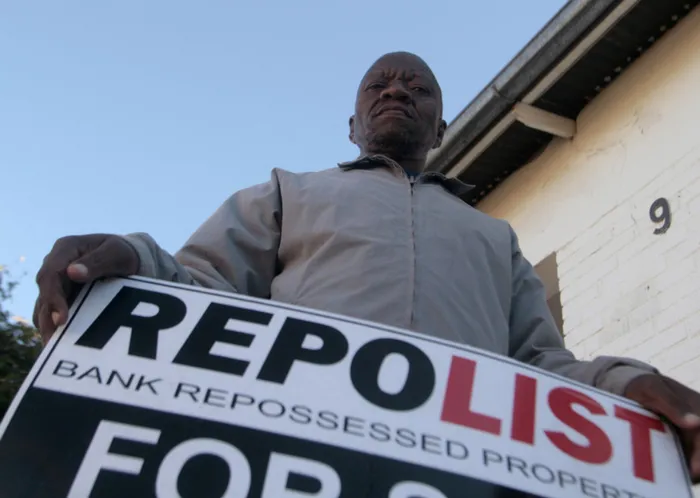
This comes as major banks will next year defend themselves in court over claims that they repossessed hundreds, if not thousands, of people’s homes and sold them far below market value, cheating them of the earned interest on those properties over years.
Image: Eugene Arries
The long-running R60 billion class action bid against South Africa’s major banks reaches a critical procedural stage on Thursday as the Gauteng High Court will hear an interlocutory application that could determine how much evidence will ultimately be allowed before the court.
This comes as major banks will next year defend themselves in court over claims that they repossessed hundreds, if not thousands, of people’s homes and sold them far below market value, cheating them of the earned interest on those properties over years.
The evidentiary battle comes ahead of the main certification hearing scheduled for the last week of February 2026, where the court will decide whether the matter can proceed as a national class action on behalf of affected homeowners, nearly a decade after it was launched in 2017.
Advocate Douglas Shaw from Banking Law Advisor told Business Report on Wednesday that they have filed about 40 supplementary affidavits, most of which were submitted after the class action was launched, to strengthen their case.
Shaw said the banks are attempting to prevent dozens of homeowners’ affidavits from being admitted because they were filed late.
These affidavits include new testimonies from people who only learned of the case recently and approached Shaw’s legal team with their stories.
"The banks are saying no, they shouldn't be heard. These people's stories should not go before the court because they filed them after. So what you're saying, but we only met them after. How could they possibly have been served to the court before? How could we have met these guys before? That's the central issue," Shaw said.
Shaw said among the documents the banks are seeking to exclude is the explosive affidavit of Garth Dietzmann, which includes pages from the banks’ own records showing homes being sold in execution for as little as 1% of their market value.
"They've tried to get them taken out before. Again, they don't want these to be before the court. So they're trying to make sure that the truth doesn't get to the court. They want it to be based on lies," Shaw said.
These allegations go to the heart of the class action, which argues that the banks unlawfully enriched themselves for years by selling repossessed homes far below fair value, then still pursuing customers for the difference.
Shaw estimates the class action could ultimately involve 100 000 people over a span of two decades. Based on an average estimated loss of R600 000 per homeowner, the legal team’s conservative assessment places total potential damages at around R60bn.
"On average, it could be a lot more than that," he said. "We're being conservative. That's where [the R60bn quantum] comes from."
Asked if there was any possible of an out-of-court settlement as it was recently seen with the David vs Goliath marathon case between Nkosana Makate and Vodacom over the "Please Call Me" saga, Shaw said settlement remains theoretically possible at any stage, though the banks have shown "no signs of wanting to settle".
"We can settle at any time. The banks aren't showing signs of settlement, but it's always a possibility," Shaw said.
If the class action is certified in February, the matter would proceed to full trial. Shaw believes certification would strongly signal the likely outcome of the trial itself.
"This February thing is a certification. We then go to a trial. And then once that's sorted out, but if we win the certification, we're likely to win the trial because our problem's not one of fact. There's thousands and thousands of people the banks have done this to. It’s a question of law."
Should certification succeed, claims processing will be handled by Crawford, an independent class-action administration company. Crawford will assess whether each claimant fits the criteria defined by the court.
Shaw said for qualifying members, the administrator will submit consolidated demands to the banks and distribute payments to homeowners once funds are recovered.
If you have had your house sold, contact - [email protected]
If your house is about to be sold, contact - [email protected]
If you want an appointment, contact - 079 052 3573
BUSINESS REPORT